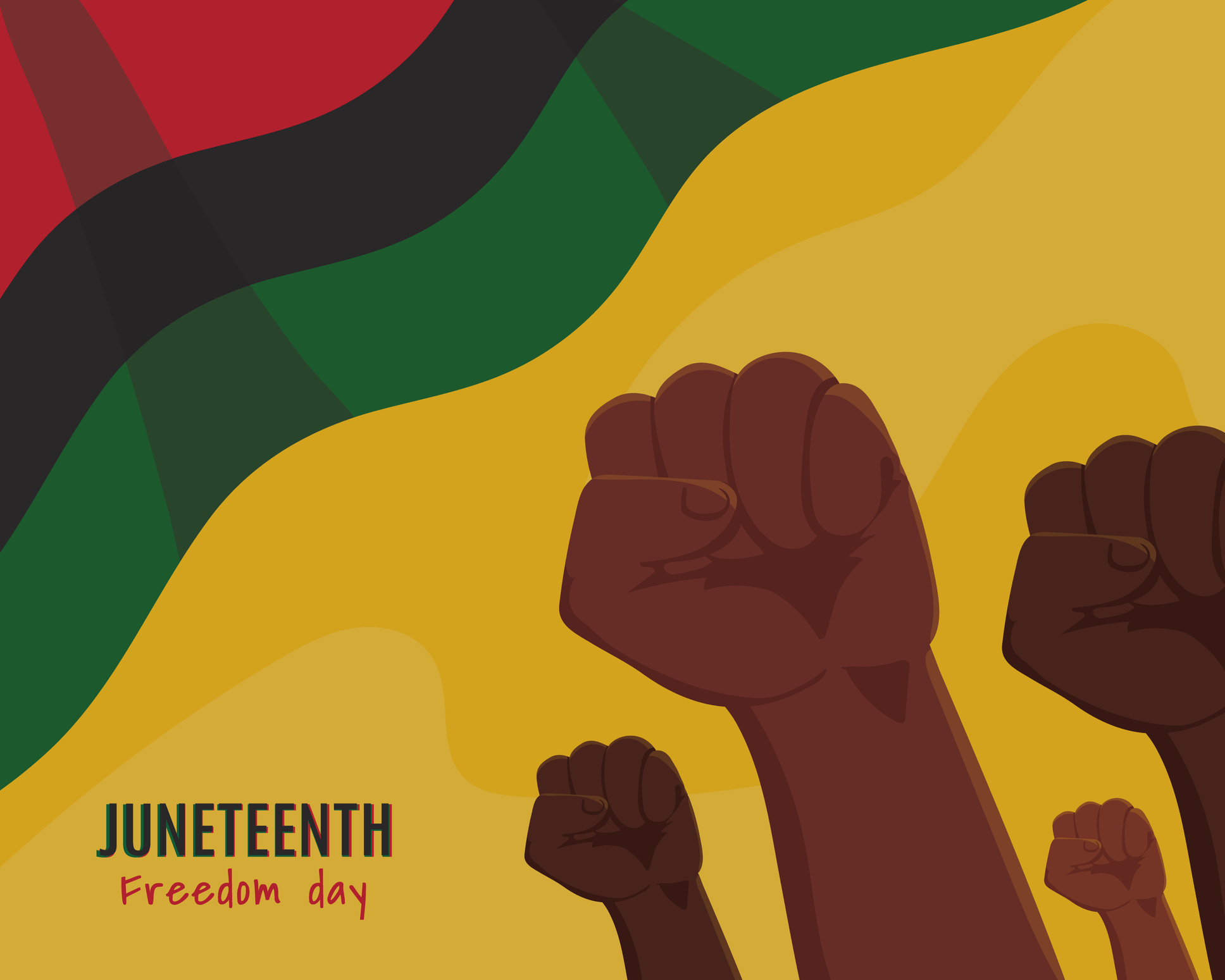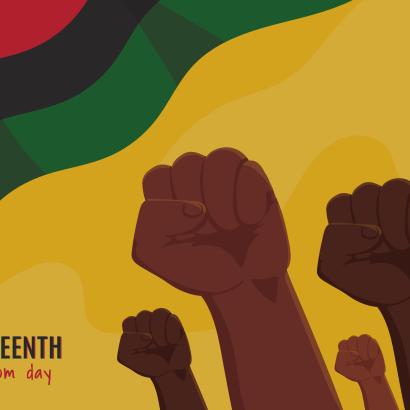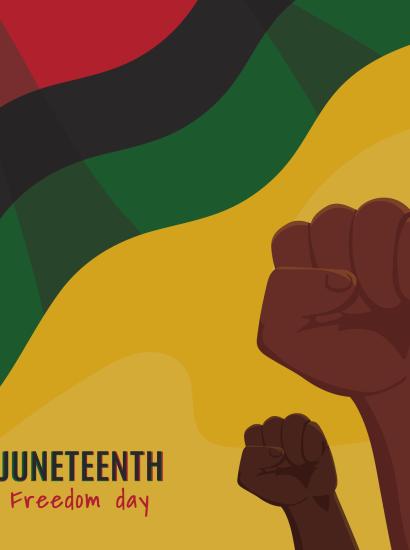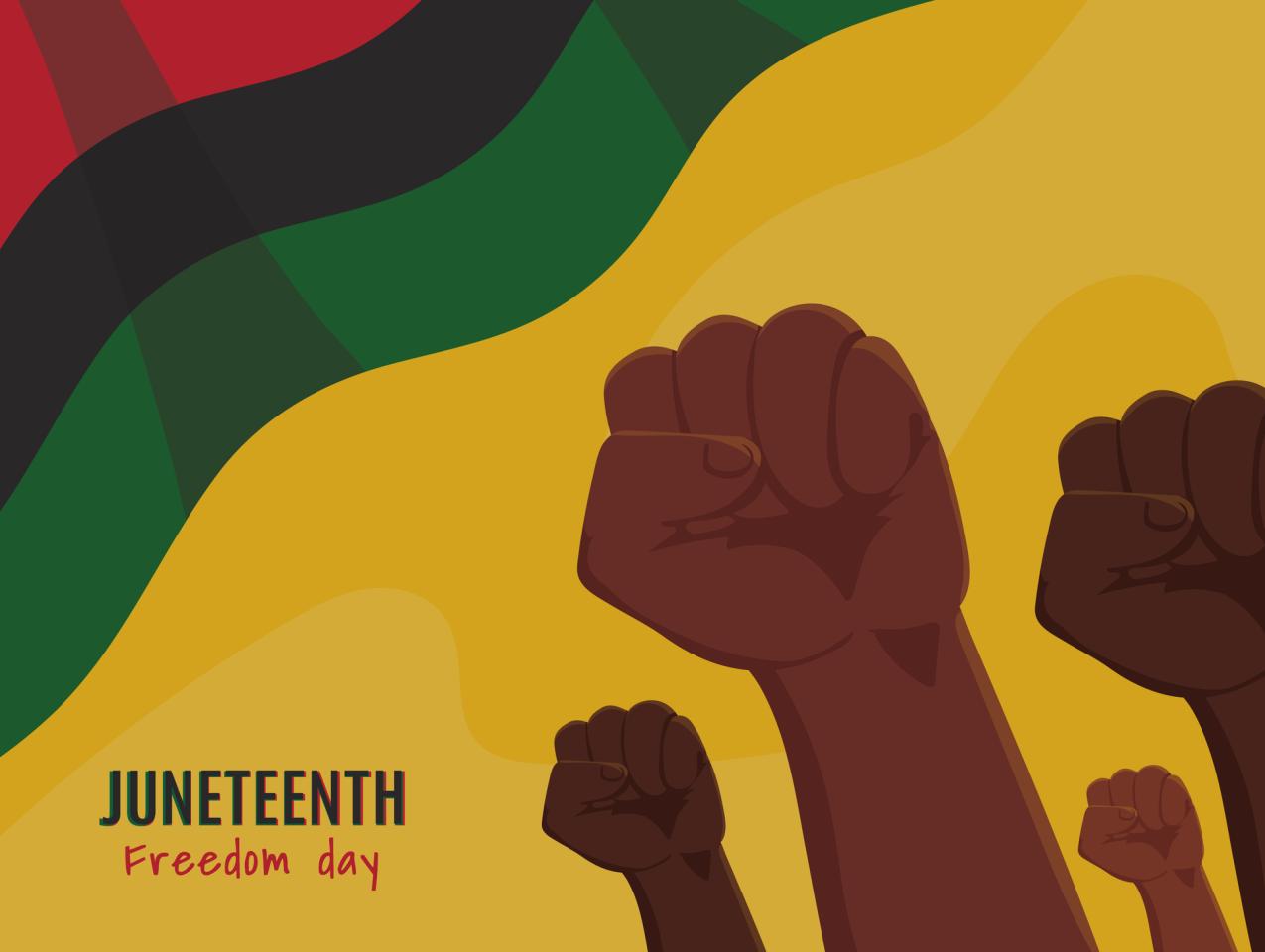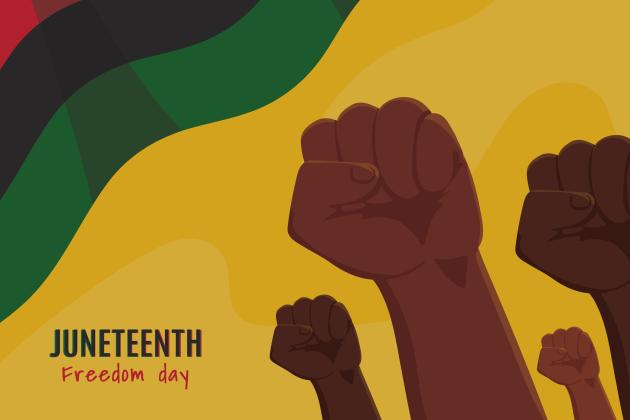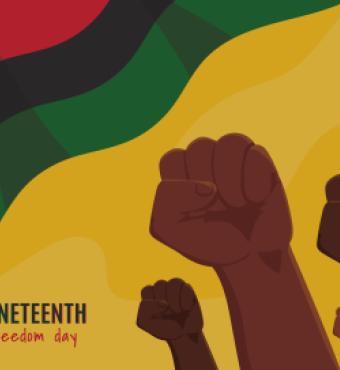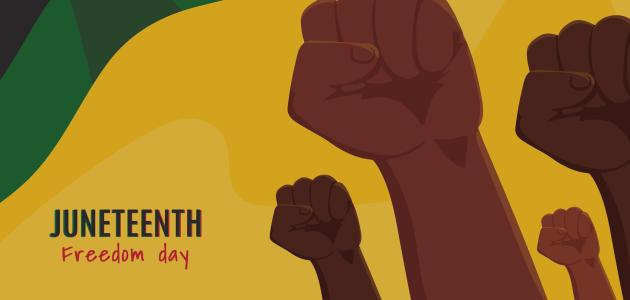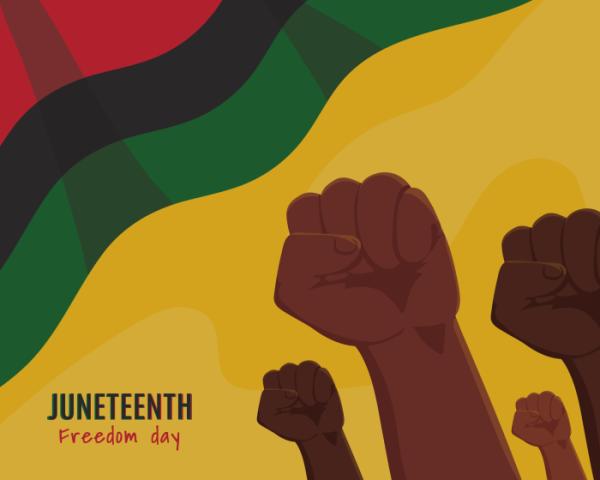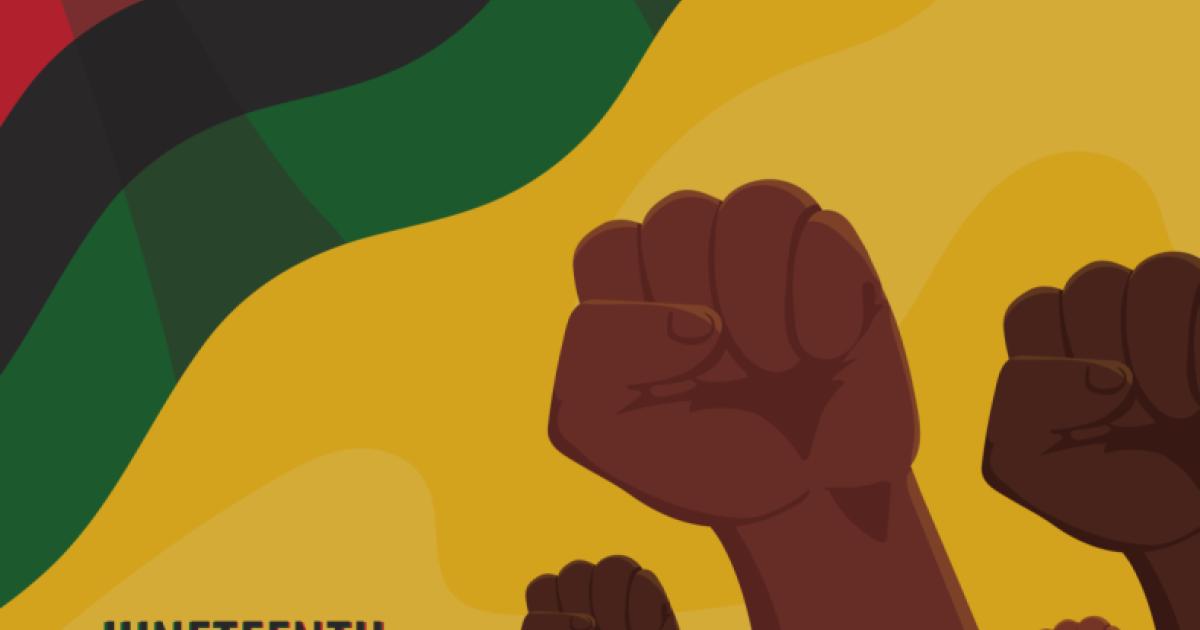- Values & Social Policy
- Race & Gender
The franchise rights and civil liberties of African-Americans have long been a metric for how American democracy is perceived and judged around the world. Africans fighting for their freedom from colonial rule, for example, found inspiration in African-Americans’ struggle for civil rights. Today, the growing polarization in America, particularly around our electoral system—the hallmark of our democracy—poses a grave threat to the United States as a global leader. The deep divide over claims of election rigging of the 2020 presidential election is a self-inflicted blow to the credibility of America’s electoral democracy. For instance, it offers an easy propaganda platform for China’s case against democracy as a system of governance relevant for Africa. In the wake of the January 6, 2021, riot at the US Capitol, China took the rare step of explicitly criticizing the value of American democracy for other nations, saying it was neither exemplary nor a “patent.”
The competition between the United States and China for influence in Africa relies heavily on their soft power and ability to shape new rules of the international system. The highly politicized debate in the United States involving charges of voter suppression on the left versus protection of voter integrity on the right gives an unnecessary “win” to China because most Africans are naturally inclined toward democratic governance, given their own struggles for freedom against colonial rule and for rights under authoritarian African governments. The January 6 attack on the Capitol, an attempt to stop the election certification of president-elect Joe Biden, was a shock everywhere, but it was all too familiar to Africans who have suffered the tyranny of leaders claiming election fraud and rigging their governments to subvert the rule of law and extend their power.
Rights Must Be Won—And Safeguarded
As we prepare to celebrate our nation’s Independence Day, we continue to think of Juneteenth, or Emancipation Day, celebrated on June 19 as the day in 1865 that enslaved people in Galveston, Texas, learned from Union Army General Gordon Granger that they had been freed two years earlier by Abraham Lincoln’s Emancipation Proclamation, which was issued on January 1, 1863. Juneteenth was an important step in black Americans’ ability to achieve a free and dignified life. However, it also stands as an object lesson that such rights are not guaranteed. They require constant vigilance by the federal government over those who would ignore, deny, and reverse such rights, as happened post-Reconstruction under President Andrew Johnson. It took the might of the Union Army, led by General Granger, to uphold rights for blacks at the close of the Civil War.
Thus, we can celebrate Juneteenth not only as a shining precedent for the voting and human rights of African-Americans but also as a cautionary tale: it provides context for the damage being done today to Americans’ confidence in our electoral system not just by the January 6 events but by the vitriolic debates over maintaining state-based voting administration versus a more federalized election system.
I witnessed a threat to democracy in Kenya when the country’s institutions were unable to settle the outcome of its 2007 election. Both candidates claimed victory and accused the other of vote rigging. Secretary of State Condoleezza Rice and I worked to end the violent crisis through negotiations because the country’s Independent Electoral and Boundaries Commission, and its courts, were not considered credible arbiters by a population that had lost faith in its politicians and governing institutions. Democracy depends on having institutions that can accommodate even devastating electoral outcomes.
Despite the January 6 attack on the US Capitol, American institutions held their own, with election officials and our courts rejecting charges of voter fraud and affirming the Biden electoral victory. Democracy is not perfect, but robust democratic institutions provide protection against the whims of individuals.
America in the World
America’s image as a beacon of self-governance dates back to President Woodrow Wilson’s Fourteen Points agenda for a post–World War I international system and was expanded by President Franklin Roosevelt’s Atlantic Charter, negotiated with British Prime Minister Winston Churchill in August 1941. Although America compromised repeatedly on the principles of both doctrines in favor of its Allied partners that had colonial territories, it continued to push for independence of the colonies in Africa over the decades, and in the setting up of the Bretton Woods institutions after World War II. As a result, African nationalists in the 1940s and 1950s regarded the United States as a champion of freedom.
After the end of World War II, with the Soviet Union’s annexation of Eastern Europe and the Maoist Communist takeover of China, the United States was framed by both adversaries as an imperialist power supporting colonial Europe. The emerging communist bloc of China and the Soviet Union (neither of whose citizens had voting rights) also disingenuously highlighted the limited voting rights and Jim Crow restrictions on the freedom of black Americans to condemn the United States for hypocrisy in its promotion of democracy as the bedrock of a new international order. Throughout the Cold War, the Soviet Union pointed to the status of the “Negro” in America in its propaganda calling into question US claims as the leader of the free world and defender of democratic values.
American leaders, notably President Harry Truman, tacitly and sometimes explicitly acknowledged the issue. Foreign policy strategist George Kennan, who laid out the “containment” doctrine in his famous “X” article, wrote that America’s long, patient, ideological strategy against the Soviet Union would require more attention to internal problems. American presidents from the end of World War II through the Cold War, and increasingly today, have conducted US-Africa policy against the backdrop of this contest between democracies and authoritarian regimes.
China is becoming more vocal in its criticism of the United States. The stakes are high as Chinese leader Xi Jinping works to rewrite the rules of the international system in favor of China’s dominance. Africa’s fifty-four countries make up a quarter of UN membership and are thus a strategic voting bloc. At stake are access to sea and air lines of communication; governance of telecommunications; diplomatic influence in multilateral fora; access to minerals and metals found mainly in China and Africa that are critical to a green future; and winning over Africa’s youth, who make up more than 60 percent of the continent’s 1.4 billion people. The UN Population Division projects Africa’s population by 2100 will be around 4.5 billion, which will include half of the world’s youth who will make up the majority of the global workforce.
Chinese Inroads in Africa
Today, Africa finds itself enmeshed with a superpower whose policy, in some ways, is a photographic negative of America’s—and one upside down at that. China has heavily committed to public and private investment in Africa’s ports, rails, roads, energy, and telecommunications sectors under its Belt and Road initiative. Xi is maximizing China’s global position by leveraging its pre-eminence in the global South, and in doing so presenting an alternative form of governance and development to other rising nations. If this dynamic is allowed to evolve unchecked, it could warp if not entirely replace the liberal economic order of the post–World War II era.
China is now Africa’s major trade partner, outstripping US trade with Africa every year since 2008. China’s foreign direct investment in Africa has exceeded FDI from the United States since 2014. China is the world’s largest lender to Africa. Beijing has also increased its military footprint in Africa, including establishing a base in Djibouti in 2017 next to the US naval expeditionary base, reportedly with docks large enough to accommodate an aircraft carrier.
In the telecommunications sector, China’s growing dominance poses a counterintelligence threat to the United States and African countries. It is estimated that 70 percent of Africa’s 4G network was built using Huawei equipment, and it is the main source of “smart/safe city” infrastructure across Africa, a technology justified by governments to curtail crime and terror threats that also allows them greater surveillance and suppression of political opposition, as discussed in a Hoover Institution report, China's Sharp Power in Africa. China is also increasingly acquiring broadcasting stations across Africa to spread the Chinese Communist Party’s ideological messaging, in addition to Chinese libraries being placed in African universities, with content controlled by the Chinese Communist Party.
China has largely taken a hands-off stance toward governance, in keeping with its policy of non-interference regardless of oppression and human rights abuses. But of late, the Chinese Communist Party has more actively engaged African political parties through training, financial backing, and material support. China also more subtly supports pro-China politicians through its timing and placement of high-profile infrastructure investments.
Rather than seek to expand political participation through contested elections and an open system, China has simply declared that its one-party, authoritarian system is democracy. China’s version of democracy, of course, does not include what most would consider essential elements of a working democracy: freedom of speech, freedom of association, and free and fair elections. The net effect is that China provides ideological support to autocrats and illiberal democracies, whose numbers have been increasing around the world.
Answering the Challenge
One way to challenge China is for the United States to focus more on Africa with balanced policies that promote social welfare, economic opportunity, and political freedom, as seen during the George W. Bush administration. President Bush met with more than half of sub-Saharan Africa’s forty-eight heads of state, in many cases multiple times. He made multicountry visits to Africa during both presidential terms, and his cabinet secretaries and senior staff also frequented the region.
Under Bush, innovative and well-resourced health programs helped turn the tide of AIDS in Africa, starting with a pledge to establish a global fund to fight HIV/AIDS, tuberculosis, and malaria in 2001 and culminating with the President’s Emergency Plan for AIDS Relief (PEPFAR), which saved millions of lives, as did the President’s Malaria Initiative and the Neglected Tropical Diseases Program. PEPFAR health infrastructure bolstered Africa’s Ebola and COVID-19 responses, and every administration since Bush’s has embraced global health diplomacy in Africa, both saving lives and winning hearts and minds.
Bush’s development agenda shifted the focus from increasing official development assistance to measuring results and stressing accountability with the launch of the Millennium Challenge Account (MCA) for investment in Africa’s social and physical infrastructure. The administration spearheaded the Multilateral Debt Relief Initiative to cancel debt from major international financial institutions to the poorest, most heavily indebted countries—including nineteen African countries, whose debt burden was reduced by $34 billion. Official development assistance to sub-Saharan Africa quadrupled and included initiatives supporting the financial sector and private investment. The United States remains Africa’s largest contributor of bilateral foreign assistance, an important tool of foreign policy; however, new initiatives are needed to support American companies investing in Africa.
The Bush administration also bolstered regional stability through unprecedented diplomatic engagement to end seven of Africa’s most deadly conflicts by training and equipping African peacekeepers, becoming the first non-African country with a dedicated mission to the African Union, supporting civil society to advance fair elections, and establishing US Africa Command (Africom) to oversee US military engagement in Africa.
President Biden has personally engaged with the issue, making calls to African leaders and sending envoys to the Horn to end conflict in Ethiopia and Sudan. Four cabinet secretaries have traveled to Africa. However, intensive engagement and well-resourced, innovative programs still will be required to advance peace and democracy and expand America’s interests and influence in Africa.
During President Bush’s time in office, more lives were saved from pandemic diseases, wars ended, successful elections held, and sustained economic growth achieved in Africa than at any time before in the history of US-Africa relations. President Barack Obama’s US-Africa Leaders Summit and the Young African Leaders Initiative, and President Donald Trump’s revamping of the Overseas Private Investment Corporation into the US International Development Finance Corporation, also were signature initiatives advancing American interests in Africa. Nurturing a robust US-Africa policy is essential to keep the United States as the preferred development model for Africans and to reinforce their favorable attitudes toward democracy.
A Mature Democracy Protects the Vote
American diplomats in Africa have had a much harder time making the case for democratic governance and the protection of minority rights in the shadow of the January 6 attempt to block certification of President Biden’s electoral victory. The clash evokes authoritarian moves in countries like Zimbabwe, where former president Robert Mugabe and his allies manipulated elections by restricting voting booths in areas where he was not popular and using state institutions and militias to suppress the opposition. Mugabe also incited mobs to attack his opponents. Two of the cardinal demarches of American diplomats have always been to warn African leaders to respect the outcome of an election and to underscore that no one, not even a prime minister or president, is above the law. Can they deliver such messages with authority now?
The United States has been widely—and appropriately—considered a mature democracy standing as an unparalleled beacon for Africans struggling for political freedoms and rights. Maintaining that status demands accountability for the events of January 6 and requires that Americans unite to ensure that the guardrails of our democracy are never again so tested, much less damaged, by hyper-partisanship.
Democracy will always be an intrinsically attractive philosophy and rallying cry. For that reason, it is not easily renounced. However, it is easily reversed in practice. The expansion and retraction of African-Americans’ political rights throughout American history, as well as the backsliding of democracies worldwide, is clear evidence of this. In this critical area, the extent to which Americans can stiffen their spines and fight for state and federal laws that protect the voting franchise will make a difference, bit by bit, in how the world sees the vitality and fairness of American democracy.







